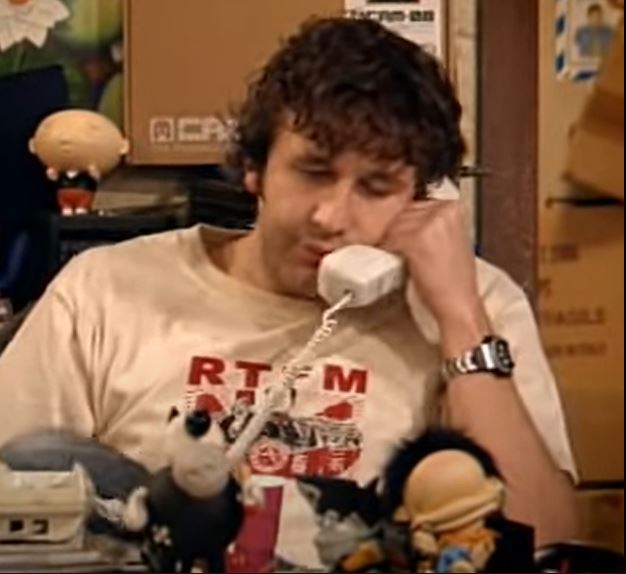

I get where you’re coming from but I think you’re overstating the impact in this day and age. If this had been 1995 it’d be a big deal. Now it’s rediculously easy to install any alternative you like for free.
Libre Office is an entire free fully features office suite.
I’m less bothered about removing WordPad than I am about Microsoft advertising and pre-installing it’s products in Windows - they force Edge on people, they push OneDrive and preinstall a preview of Office. That’s the real problem - not losing WordPad.
At one point Anti-Trust / Anti-monopoly regulators globally punished Microsoft for pushing Internet Explorer to consumers and for a long time in Europe had to offer a choice of Browsers to download on new Windows installs. Now it’s allowed to get away with abusing it’s dominant position to force it’s products on consumers.













Yeah I agree they went too far. Season 2 was disappointing; they seemed to want to spend their time indulging themselves with musical shows and cross overs. It feels like they alternated each episode - one moment you get a serious episode and the next a silly one.
However the season also gave us Ad Astra per Aspera which was one of the best star trek episodes I’ve seen in a long time. Among the Lotus Eaters wasn’t bad; they just didn’t need to shoehorn Khan in - it undermined what was actually otherwise a nice character driven story for La’an. The “should I kill hitler/my grandad” bit at the end was something that could have been impactful but was just didn’t feel right.
Among the Lotus eaters and Lost in Translation were decent serious stories. Under the Cloak of War was an another attempt at a serious episode; it just didn’t come off in the end.
And for me, Those Old Scientists was actually one of my favourite episodes. It was not Ad Astra Per Aspera good, and it was undeniably silly, but there was just something very warm and wholesome about the episode, and it actually reflected much better on Lower Decks than SNW; Boimler and Mariner felt a bit more fleshed out by the episode and it made me more appreciative of the show and what it’s doing.
I think all in all, it was a decent season. It didn’t maintain the high level of quality of the first season, and there were some really poor episodes (the opener Broken Circle and Cherades were terrible, and the muscial episode was just too far EVEN in a season with a crossover with a cartoon) but the highs were high and most of the other episodes were decent even allowing for some silliness. Season 1 was masterful TV in my opinion. Season 2 was decent.
Did they overdo the gimmicks? Yes. I still enjoyed the show despite the flaws but I sincerely hope they reign it in in season 3.